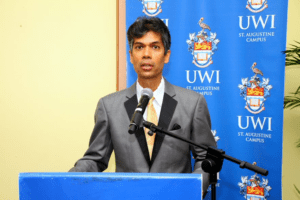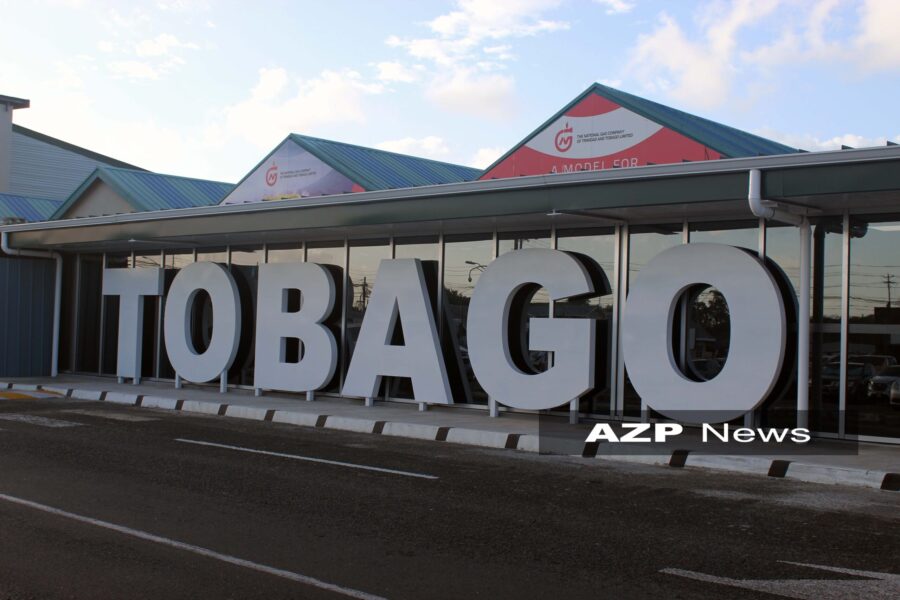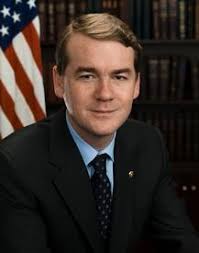
DURING the 1920s, the selection process for candidates in Tobago contained features similar to that conducted in Trinidad.
Candidates were presented and endorsed by audiences at public meetings. For example, Biggart (an independent candidate), was presented by J Prince at a meeting of the Scarborough Anglican School on 10 September 1924 and the audience “by show of hands” gave their approval. Further confirmation was received at similar meetings at the Moravian School in Moriah and Roxborough E C School.
The labour candidate, Isaac Hope, was endorsed by the TWA and was presented to the electorate at Scarborough and Moriah by Cipriani and Bishop who visited the island for this purpose on October 14, 1924. The supporting speakers included prominent Tobagonians George McEachnie (Solicitor and Conveyancer) and A Peters (Headmaster, Mason Hall RC School).
Paid Political Ad
Labour’s rival, James A Biggart (Druggist) who won the Tobago seat both in 1925 and 1928 included in his campaign priorities for the island: extension of the Scarborough jetty, construction of a new jetty at Roxborough, a secondary school for Tobago and daily communication with Trinidad.
At the end of his first term in the Legislative Council, he was complimented for his efforts which included the introduction of stamping scales and weights at Roxborough, a grant towards a new secondary school, the construction of a retaining wall at Military Road, and the inclusion of Tobago as a port of call for Canadian ships.
Labour candidates also presented plans for the development of Tobago including a post office at Moriah, construction of the Roxborough market, revision of the Teachers’ Pension scheme and competitive entry into the Civil Service. It is obvious that candidates in Tobago did not include in their campaign the major political issues raised in Trinidad. Platform speakers focused on infrastructural development and the provision of social amenities for Tobago. Politicians in the island-ward of Tobago had their own priorities; hence the distinctiveness of their electoral focus.
The limited impact of Labour in Tobago’s political affairs is reflected in its successive defeats at the polls. In 1925, Isaac Hope lost to Biggart; in 1928 Sam F Bonnet was defeated by Biggart and in 1933, GF Samuel (the labour candidate) identified by the Trinidad Guardian as an “unknown” lost to Isaac Hope who contested as an Independent.
Although there was a total membership of approximately 1,000 members among branches in Bethel, Canaan, Lambeaux, Plymouth, Scarborough, Roxborough and Glamorgan, the Association’s political influence was minimal.
This may have been due to the severely restricted assistance given by the TWA because of its limited resources which were absorbed in the Trinidad campaigns. The working class in the islandward was denied the franchise through the required income and property qualifications. Therefore, reports of large crowds at public meetings were no guarantee of an electoral advantage.
In addition to these factors, the election results in Tobago sent signals to the Trinidad-based TWA that the island was prepared to make its own electoral decisions and even with its one-seat allocation in the Council it was prepared to resist political interference from Trinidad. In the case of Isaac Hope, he lost as a TWA candidate but later successfully contested the 1933 elections as an Independent. He thus joined the other Independents who dominated the early elections and confirmed the inefficacy of labour in that period of Tobago politics. The electoral exercise in Trinidad and Tobago during the period 1925-1938 initiated a new era in the politics of the Colony. This first contest for seats in the Legislative Council undoubtedly produced an intense campaign and sustained interest from candidates as well as the electors and those outside the franchise.
Undoubtedly, the TWA with its mass appeal and closely bonded network of branches was the precursor of the well-organised party machinery which was to develop later in Tobago. It was always understood by the advocates of constitutional reform that the introduction of a limited franchise would be the first phase of a process leading to universal adult franchise and political independence.
The limited franchise had been conceded against the background of economic crisis and social unrest following the First World War. It would require another more profound crisis both local and imperial to translate the reformers’ hope of universal adult franchise into reality in Tobago. The loss of the TWA’s candidates in the elections in Tobago demonstrated the independent thinking of Tobagonians and also the reluctance to support a Trinidad-based labour organisation.
Dr Jerome Teelucksingh is an activist. He initiated the inaugural observances of International Day for the Elimination of Violence Against Men and Boys (January 31) and World Day of the Boy Child (May 16). He has made academic presentations at tertiary institutions including Harvard University and Oxford University.
See other articles by Dr Jerome Teelucksingh on AZP News:
Tobago’s Working Class in the 1920s, 1930s
Are Humble Caring Fathers Champions?
Influencing West Indian Masculinity
Defining Caribbean Masculinity
Is Monogamy Encouraged in the Caribbean
Naps Girls: From Humble Beginnings to Excellence
US Media Creates Cultural Dependency in the Caribbean
Bloodless Revolution to Save Lives in Developing Countries
The Need for a Social and Moral Revolution
The Law of Supply and Demand in Developing Countries
End the Dependency for Developing Countries
T&T Carnival and the Emperor’s New Clothes
The Influence of Labour on Caribbean Integration
The illusion of political Unity
Presbyterians in Trinidad: Humble Missionaries, Local Workers
Religious Plurality: Curse or Blessing
Caribbean Youth Need Optimism, Patriotism
Rethinking Identities in Caribbean, Latin America
November 19: All Inclusive International Men’s Day
Should International Agencies be Blamed for Unemployment
A Need to Observe Word Unemployment Day
An Ideology for the Trade Union Movement
The Man who Couldn’t be Prime Minister
Social Outburst vs Social Revolution
Challenges of the Men’s Movement
If George Floyd was Denied Parole
The Meaning of Indian Arrival Day in T&T
International Men’s Day – A Way of Life
Wounds that cause school violence
May Day: A Time for Solidarity, Strength
Who Coined the Term ‘Black Power’
The illusion of political Unity
Presbyterians in Trinidad: Humble Missionaries, Local Workers
Religious Plurality: Curse or Blessing
Caribbean Youth Need Optimism, Patriotism
Rethinking Identities in Caribbean, Latin America
November 19: All Inclusive International Men’s Day
Should International Agencies be Blamed for Unemployment
A Need to Observe Word Unemployment Day
An Ideology for the Trade Union Movement
The Man who Couldn’t be Prime Minister
Social Outburst vs Social Revolution
Challenges of the Men’s Movement
If George Floyd was Denied Parole
The Meaning of Indian Arrival Day in T&T
International Men’s Day – A Way of Life
Wounds that cause school violence
May Day: A Time for Solidarity, Strength
Who Coined the Term ‘Black Power’
![]()












